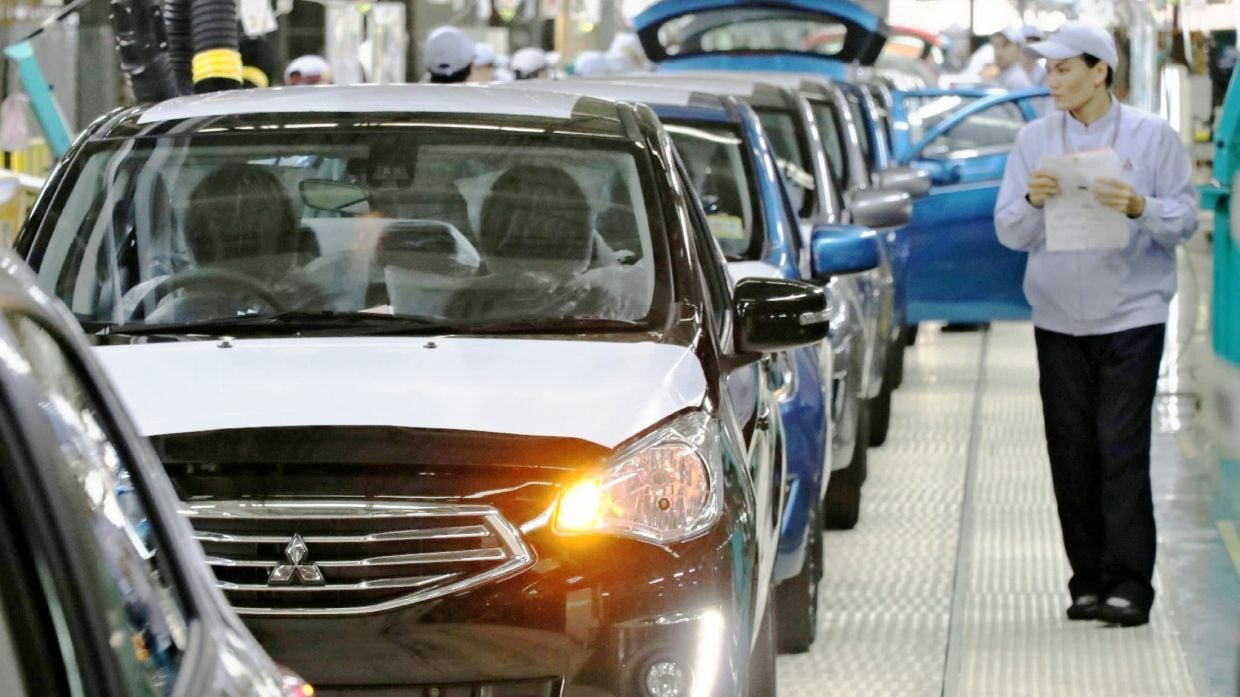Thailand car production hits brakes amid finance woes

Thailand’s car production has skidded to a 20.11% drop in June compared to last year, according to the Federation of Thai Industries (FTI). This decline accelerates from May’s 16.19% downturn, driven by stricter financing rules and soaring consumer debt levels.
In the first half of this year, car production tumbled by 17.39%, totalling 761,240 units. The FTI attributes this slump to tightened credit approvals by financial institutions, coupled with household debt nearing 90% of GDP, leading to a sharp increase in auto loan rejections, said Surapong Paisitpattanapong, spokesperson for the FTI’s automotive industry division, in a news briefing.
“Stricter measures for credit approval from financial institutions, coupled with household debt that was nearing 90% of gross domestic product (GDP), led to a higher rejection rate for auto loans.”
Domestic car sales also saw a sharp decline, falling 26.04% in June compared to the previous year, following a 23.38% drop in May. In response to these trends, the FTI has adjusted its domestic sales target downward to 550,000 vehicles, from an earlier forecast of 750,000 units.
The production target for the year has also been revised to 1.7 million units, down from 1.9 million vehicles projected earlier. Last year, Thailand produced 1.84 million vehicles.
Auto exports, however, remain steady with the federation maintaining its forecast at 1.15 million vehicles for the year.
Thailand holds the position of Southeast Asia’s largest automotive production hub and serves as an export base for major global car manufacturers, including Toyota and Honda. Pickup trucks are among the key vehicles produced in the country, reported Bangkok Post.
Meanwhile, GAC Aion New Energy Automobile, an electric vehicle (EV) manufacturer under Guangzhou Automobile Corporation (GAC), anticipates substantial benefits from the ongoing expansion of Thailand’s EV market. This comes after the recent inauguration of a 2.3-billion-baht EV assembly plant in Rayong.
The company aims to produce up to 70,000 EVs annually for both domestic sales and export, according to Ma Haiyang, general manager of GAC Aion Southeast Asia.
Latest Thailand News
Follow The Thaiger on Google News:


























